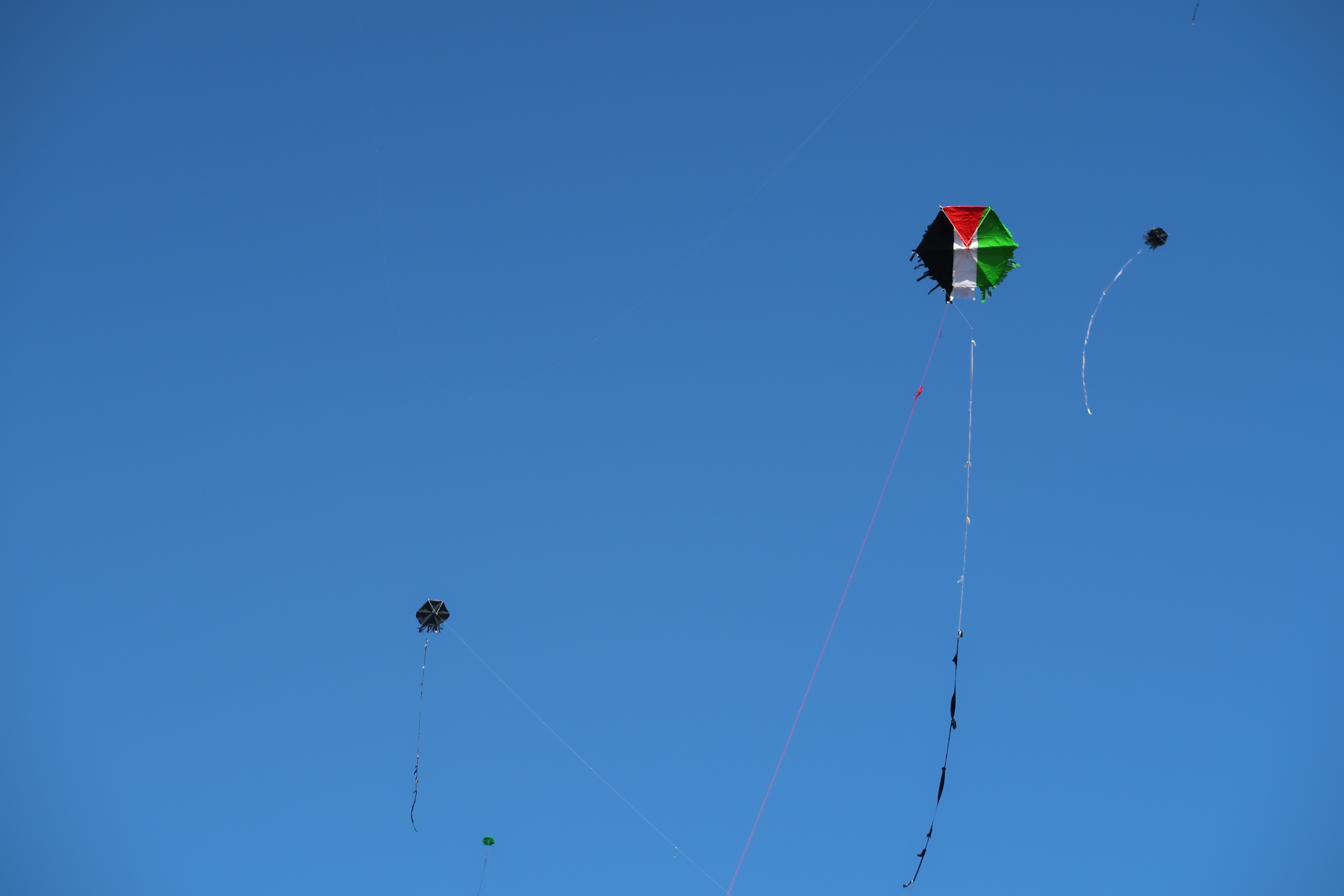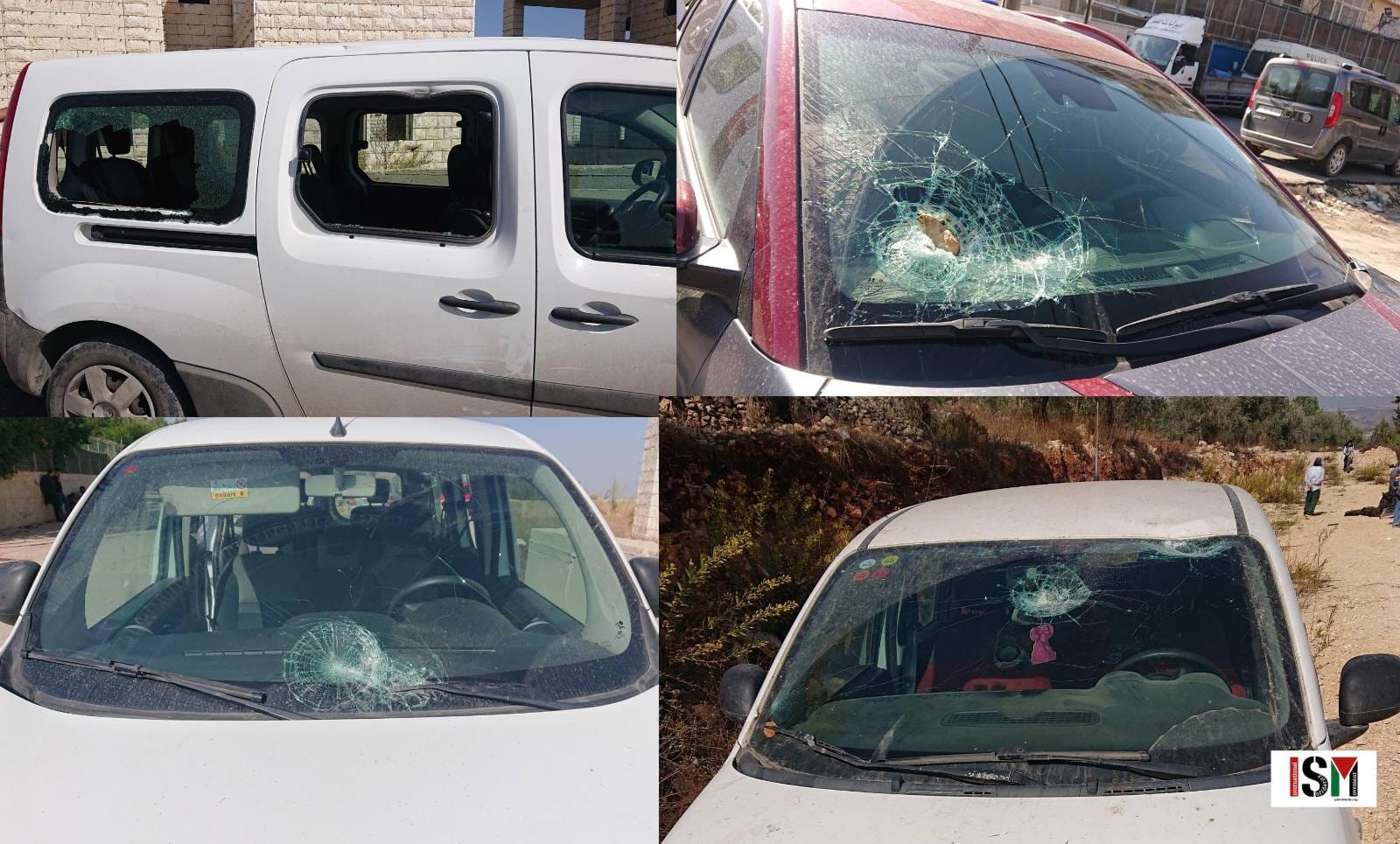Tag: Burin
-

Celebrating Resilience: The Burin Kite Festival
June 19 – Once a year, the skies of Burin come alive with a dazzling display of color and resilience. The Kite Festival, organized by residents and activists, brings the community together in a joyful celebration of resistance and steadfast joy. Against the backdrop of occupation, this festival has become a powerful symbol of the…
-

The olive harvest: Struggle, resistance and oppression
December 31 | International Solidarity Movement | Olive Harvest journal The olive harvest in Palestine (October – November) represents much more than simply picking olives. While it is an important contributor for the income of thousands of families in the West Bank – with a revenue between $160m and $190m in 2021 according to…
-

‘Our kites fly over the invisible borders and reach what we cannot’: ISM speaks to Yasmeen Najjar at the annual kite festival in Burin
29th June 2018 | International Solidarity Movement, Al-Khalil team | Burin, occupied Nablus Burin is a small village located seven kilometres to the southwest of Nablus in the occupied West Bank, and is home to around 3000 people. The village is surrounded by multiple illegal Israeli settlements, and is subjected to constant violent settler attacks…
